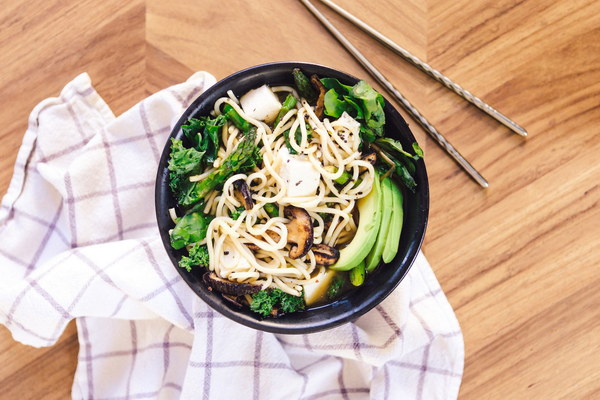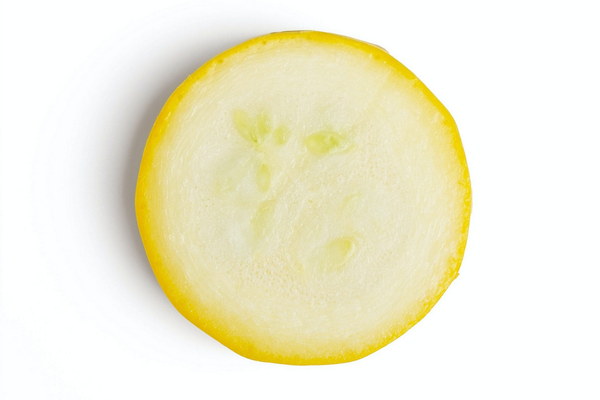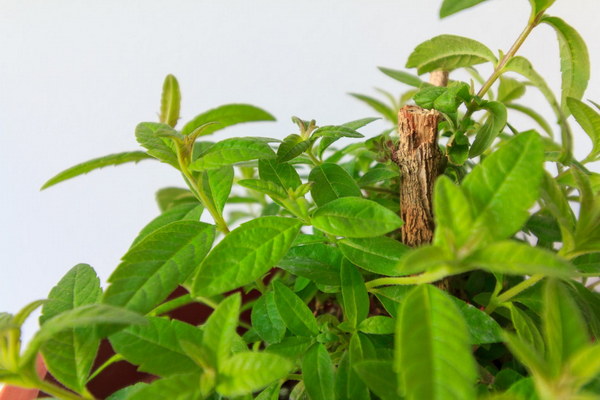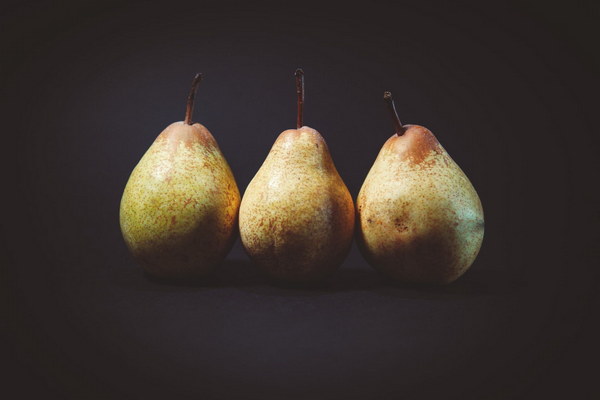PostCOVID Cough Relief A Guide to Lung Care and Healing
Living through the COVID-19 pandemic has brought about a myriad of challenges, one of which is dealing with persistent coughs that linger even after the virus has passed. Post-COVID cough can be a distressing symptom, and it's essential to take proactive steps to care for your lungs and facilitate healing. Here's a comprehensive guide on how to nourish your lungs and alleviate post-COVID cough.
Understanding Post-COVID Cough
Firstly, it's important to understand that a cough after COVID-19 can be a sign of several different conditions. It may be due to inflammation, scar tissue, or even lingering viral activity. Regardless of the cause, the following strategies can help support lung health and ease the discomfort of a persistent cough.

1. Maintain Adequate Hydration
Hydration is key to thinning mucus and easing the burden on your respiratory system. Drink plenty of fluids throughout the day, aiming for at least 8 to 10 glasses of water. herbal teas, broths, and clear soups can also be beneficial.
2. Humidify Your Environment
Dry air can exacerbate a cough by making mucus thicker and harder to expel. Use a humidifier in your home to maintain a humidity level between 40% and 60%. This can help to soothe your throat and ease coughing.
3. Practice Breathing Exercises
Deep breathing exercises, such as diaphragmatic breathing, can help to improve lung capacity and reduce inflammation. Techniques like the pursed-lip breathing exercise can also help to expel air more effectively and may reduce coughing.
4. Consider Over-the-Counter Remedies
Non-prescription cough suppressants and expectorants can provide temporary relief. However, it's important to use these medications judiciously and consult a healthcare provider if symptoms persist or worsen.
5. Eat a Nutritious Diet
A well-balanced diet rich in vitamins and minerals can support lung health. Focus on fruits and vegetables, lean proteins, whole grains, and healthy fats. Foods like oranges, strawberries, bell peppers, spinach, garlic, and turmeric are known for their lung-boosting properties.
6. Engage in Gentle Exercise
Regular, gentle exercise can help improve lung function and circulation. Activities like walking, swimming, or yoga can be particularly beneficial. Always consult with a healthcare provider before starting any new exercise regimen, especially if you have underlying health conditions.
7. Get Sufficient Rest
Rest is crucial for the body's healing process. Make sure to get enough sleep and take breaks during the day to rest your body and lungs.
8. Avoid Irritants
Tobacco smoke, pollen, dust, and other irritants can worsen cough symptoms. Minimize exposure to these allergens by keeping your living space clean, using air purifiers, and avoiding smoking or secondhand smoke.
9. Seek Professional Advice
If your cough persists for more than a few weeks, or if you experience other concerning symptoms like shortness of breath, fever, or chest pain, it's important to seek medical advice. A healthcare provider can help determine the cause of your cough and recommend appropriate treatment.
Conclusion
Post-COVID cough can be a challenging symptom to manage, but by following these lung care strategies, you can take steps towards healing and relief. Remember, patience and consistent care are key to recovery. Consult with healthcare professionals to tailor your approach to your individual needs and ensure the best possible outcome.









